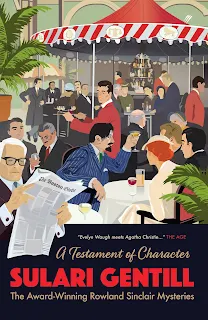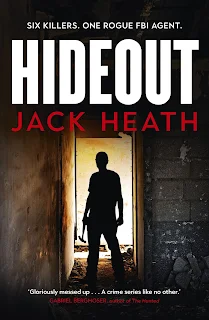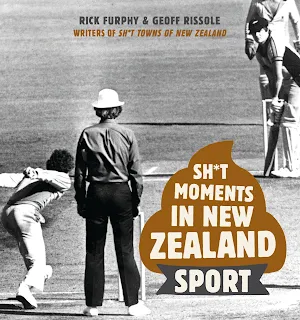The Four Tendencies by Gretchen Rubin is one of my all time favourite non fiction books and it changed my way of thinking and introduced me to a framework I still refer to every day.
So when I saw Better Than Before - Mastering the Habits of Our Everyday Lives by Gretchen Rubin appear on the shelves of the free little library I started in my apartment building, I snatched it up.
This time of year is a natural time for reflection on the year that is drawing to a close and of course we turn our minds to the year ahead. I've been able to introduce a new healthy habit in 2020 and it's been a great success, but I'm still striving to introduce more good habits and eliminate unhelpful habits as I continue to make my way through life, just like everybody else.
So when I saw Better Than Before - Mastering the Habits of Our Everyday Lives by Gretchen Rubin appear on the shelves of the free little library I started in my apartment building, I snatched it up.
This time of year is a natural time for reflection on the year that is drawing to a close and of course we turn our minds to the year ahead. I've been able to introduce a new healthy habit in 2020 and it's been a great success, but I'm still striving to introduce more good habits and eliminate unhelpful habits as I continue to make my way through life, just like everybody else.
I did find the author inserted a lot of herself into this book and her self righteous attitudes and approach to healthy eating and exercise did begin to grind on my nerves. The offer to buy her sister a treadmill desk was generous, but the fact that she didn't get one for herself because she didn't have room screamed: "do as I say, not as I do". Constant references to low carb eating and trying to get her family members to do the same was fine on the page - okay, I'll admit, it was a little bit annoying - but I imagine it would be irritating in real life.
While Better Than Before didn't offer me any groundbreaking insights about habits and it didn't inspire any earth shattering breakthroughs, it was a good read. In order to understand yourself better, improve relationships with others and work out what makes you tick, I still recommend The Four Tendencies.
While Better Than Before didn't offer me any groundbreaking insights about habits and it didn't inspire any earth shattering breakthroughs, it was a good read. In order to understand yourself better, improve relationships with others and work out what makes you tick, I still recommend The Four Tendencies.
If you're trying to break an old habit or start a new one in 2021, I wish you every success. Happy New Year and of course happy reading!


























































